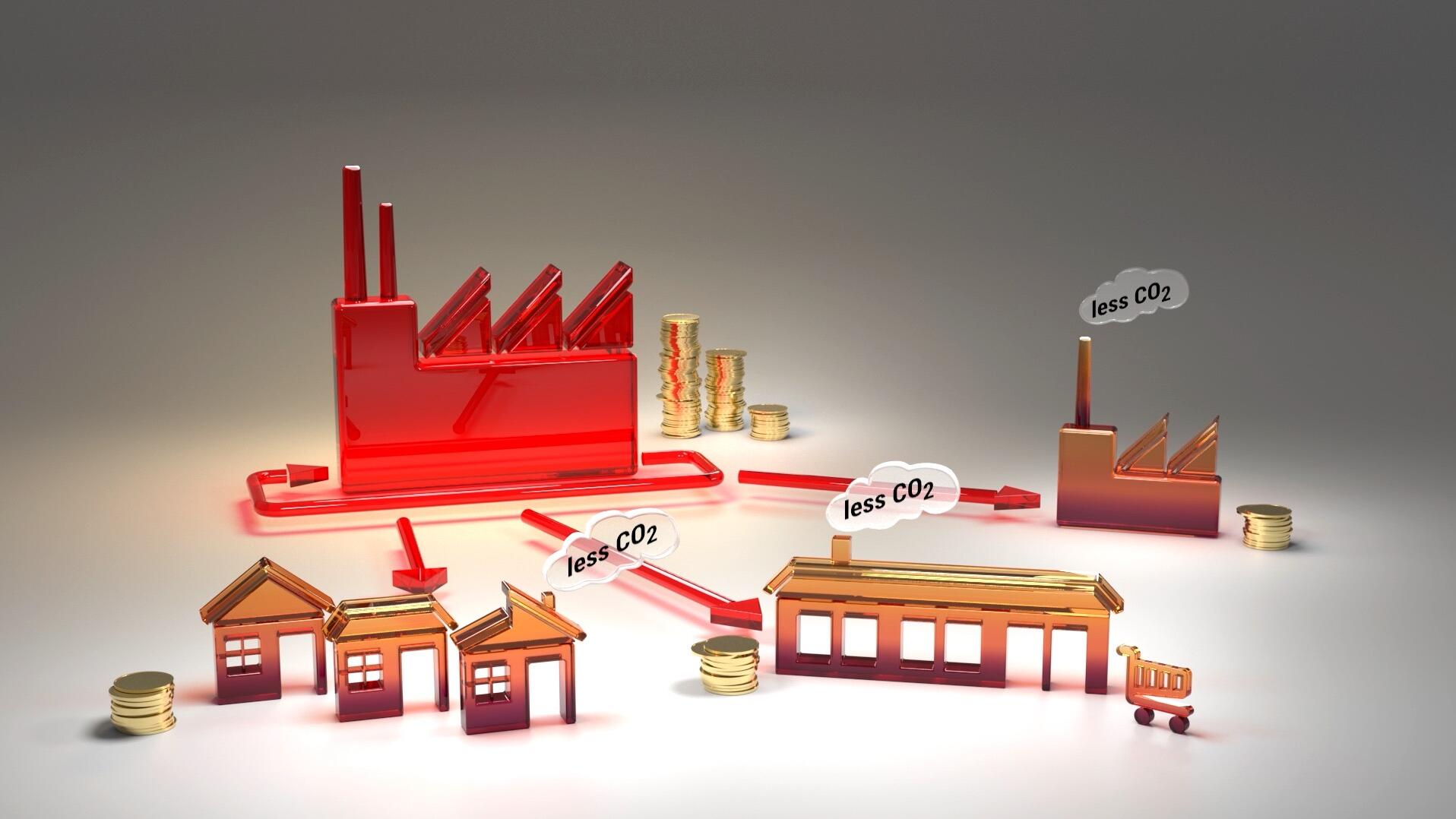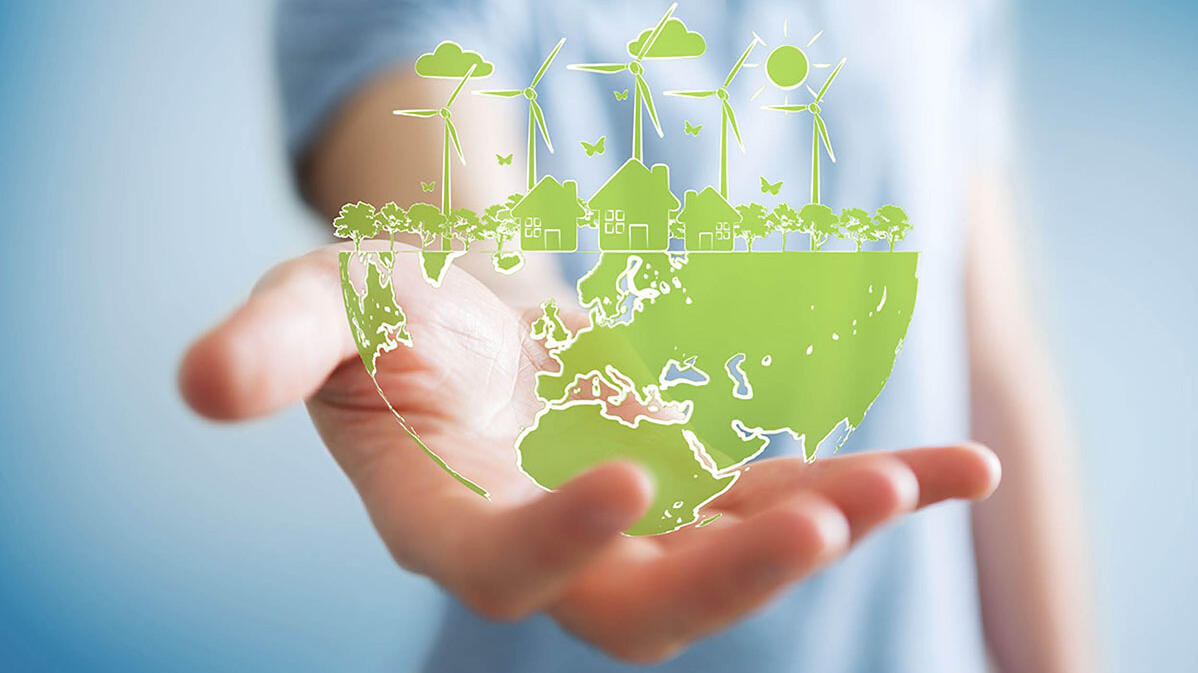 Articles
ArticlesInternational recognized sustainable Energy Management System (EnMS): ISO 50001
In the Energy-Climate era of today, the challenge of energy consumption is the greatest problem faced by humanity in its history. The majority of environmental problems arise from the types of energy we use, and the increasing burning of fossil fuels accelerates climate change. Ongoing improvement on innovative measures could reduce the overall energy consumption, reduce energy costs, and reduce global greenhouse gas emissions and other environmental impacts. ISO 50001 is expected to affect up to 60% of the world energy consumption and is a global trade catalyst for industrial energy efficiency. The standard can help organizations be better prepared for government- or utility sponsored energy efficiency programs, carbon or energy taxes, and international climate agreements. For multinational companies this can greatly simplify compliance with environmental mandates across national borders. For companies that are not able to fulfil relevant ISO50001 standard and/or legislative requirements, we need to explain areas of their non-conformity and reiteration on alternative innovative solutions.
Read Full articleLessons for the energy transition from the golden age of steam!
Decisions made today to build assets impact the energy system decades in the future. The last steam train left Swindons incredible factory with over 200 built during the preceding decade. Between the first commercial diesel train and the last steam train being retired are 43 years.
Read Full article5 energy sources you have never thought of
Less than 30% of the energy consumed on the planet is converted efficiently. The rest is discharged into the atmosphere in the form of waste heat. Excess heat produced by chillers in a supermarket can end up providing space heating and hot water for flats.
Read Full articleEU Fit for 55 package: a good fit for companies performing energy management systems and energy audits?
The European Commission circulated a new set of proposals called ‘Fit for 55’ It aims to deliver the 2030 climate change targets and coping with the highly popular EU Green Deal. The proposed package actively contributes to raise the level of ambition of the EU.
Read Full articleOn the road to making ceramic production greener
Ceramic production has had a bad reputation when it comes to environmental issues. But that is starting to change. Gabriele Frignani is responsible for applied research at SACMI FORNI SpA*,. He is co-ord.
Read Full articleIs the future of flight smaller, local and more decentralised?
Before Covid19 the aviation sector was pegged for year on year growth. The energy transition and digitalisation change the way we need to think about aviation. Hydrogen and Batteries come with energy density challenges. Airports are frustrating places causing.
Read Full articleManaging Utility Maintenance With Virtual and Augmented Reality
Virtual and augmented reality are becoming a huge resource for training better employees. VR apps offer the best way for new employees to experience on-the-job crises. Virtual spaces for training are helping employees get real-world experience without ever leaving a training area.
Read Full articleClimate protection in the company secures the future
More and more companies are setting their own targets for reducing emissions. They know that their own future and competitiveness are at stake. Some committed German companies are networking in the Climate Protection Companies initiative. Green energy networks help companies tap into new potential as well.
Read Full articleMapping energy use for a fossil fuel-free Europe
Heat Roadmap Europe provides the data that engineers need to decarbonise heating and cooling systems. The project has inspired EMB3Rs and is redesigning our energy sector. Heating and cooling is probably the most diverse sector of Europes energy system.
Read Full articleWhy would you use hydrogen for power generation?
SSE and Equinors plan to build a hydrogen power station in the UK. To help navigate this topic I have provided a guide to hydrogen colours. It does not seem to make too much sense to use electricity to make hydrogen to then convert it.
Read Full article








